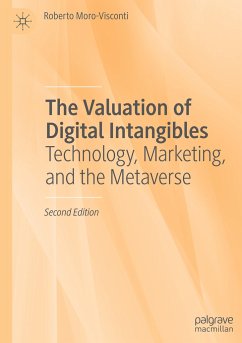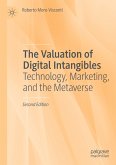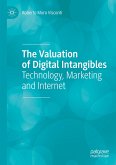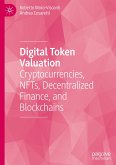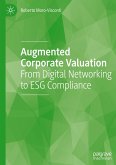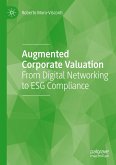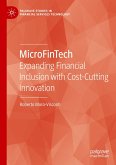This book offers an updated primer on the valuation of digital intangibles, a trending class of immaterial assets. Startups like successful unicorns, as well as consolidated firms desperately working to re-engineer their business models, are now trying to go digital and to reap higher returns by exploiting new intangibles. This book is innovative in its design and concept since it tackles a frontier topic with an original methodology, combining academic rigor with practical insights.
Evaluation issues are increasingly based on an analytical comprehension of augmented business models and virtual function analysis, nurtured by real-time big data. The impact of digitalization on scalable business models is the main competitive advantage factor of the BigTechs and other Unicorns, representing a target for startups and the reengineering of traditional firms. The transition from the Internet to the metaverse represents the last frontier, showing how 3D virtual and augmented reality impacts social networking. The second edition of this book updates the contents of the first edition while comprehensively introduces these innovative topics--such as the metaverse, cloud storage, multi-sided digital platforms, ESG-compliance, and value co-creation patterns of digitized stakeholders--and demonstrates how best practices can be applied to specific asset appraisals, making it of interest to researchers, students, and practitioners alike.
Evaluation issues are increasingly based on an analytical comprehension of augmented business models and virtual function analysis, nurtured by real-time big data. The impact of digitalization on scalable business models is the main competitive advantage factor of the BigTechs and other Unicorns, representing a target for startups and the reengineering of traditional firms. The transition from the Internet to the metaverse represents the last frontier, showing how 3D virtual and augmented reality impacts social networking. The second edition of this book updates the contents of the first edition while comprehensively introduces these innovative topics--such as the metaverse, cloud storage, multi-sided digital platforms, ESG-compliance, and value co-creation patterns of digitized stakeholders--and demonstrates how best practices can be applied to specific asset appraisals, making it of interest to researchers, students, and practitioners alike.

